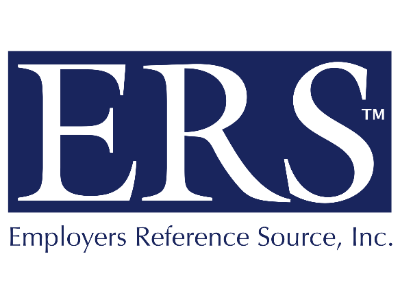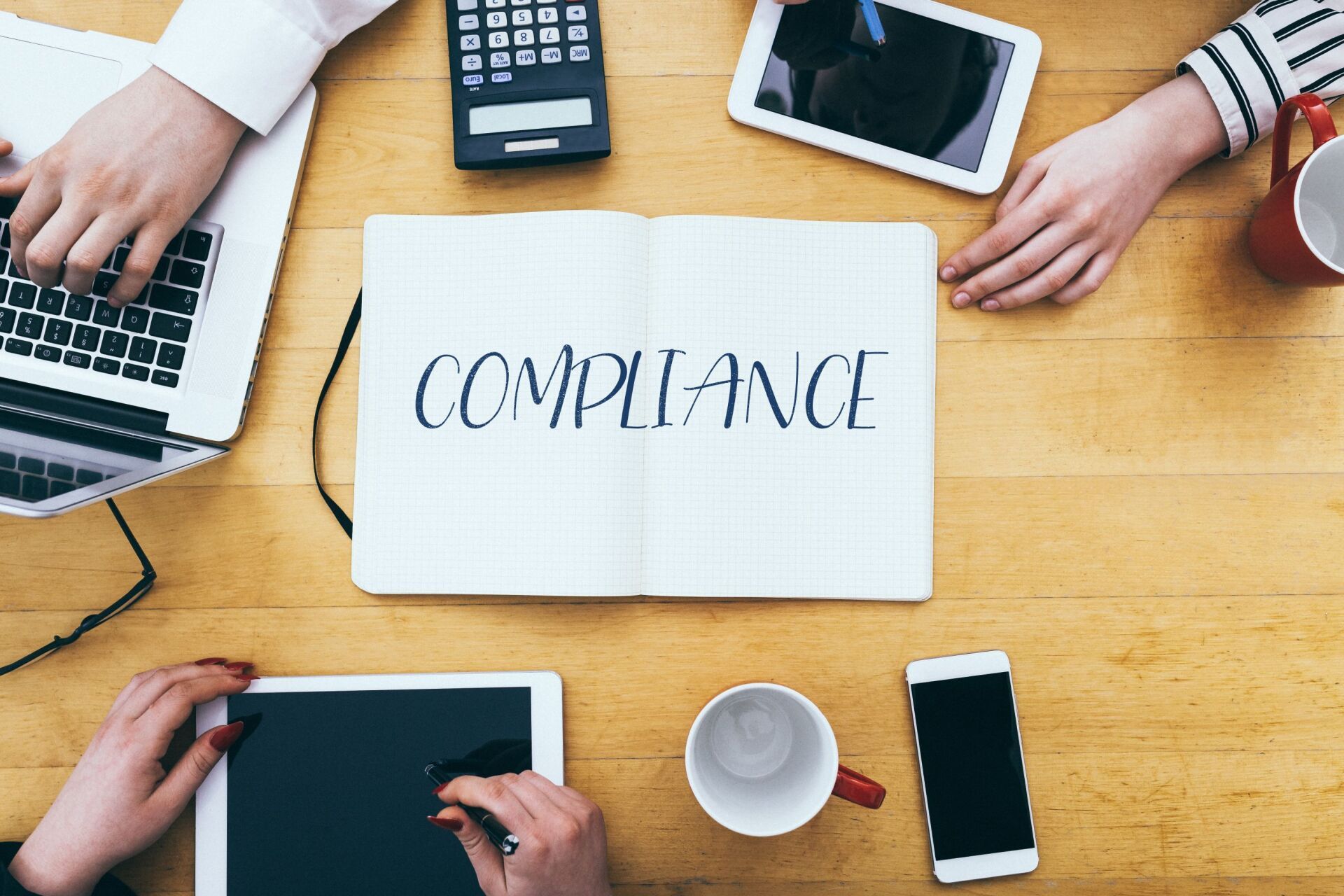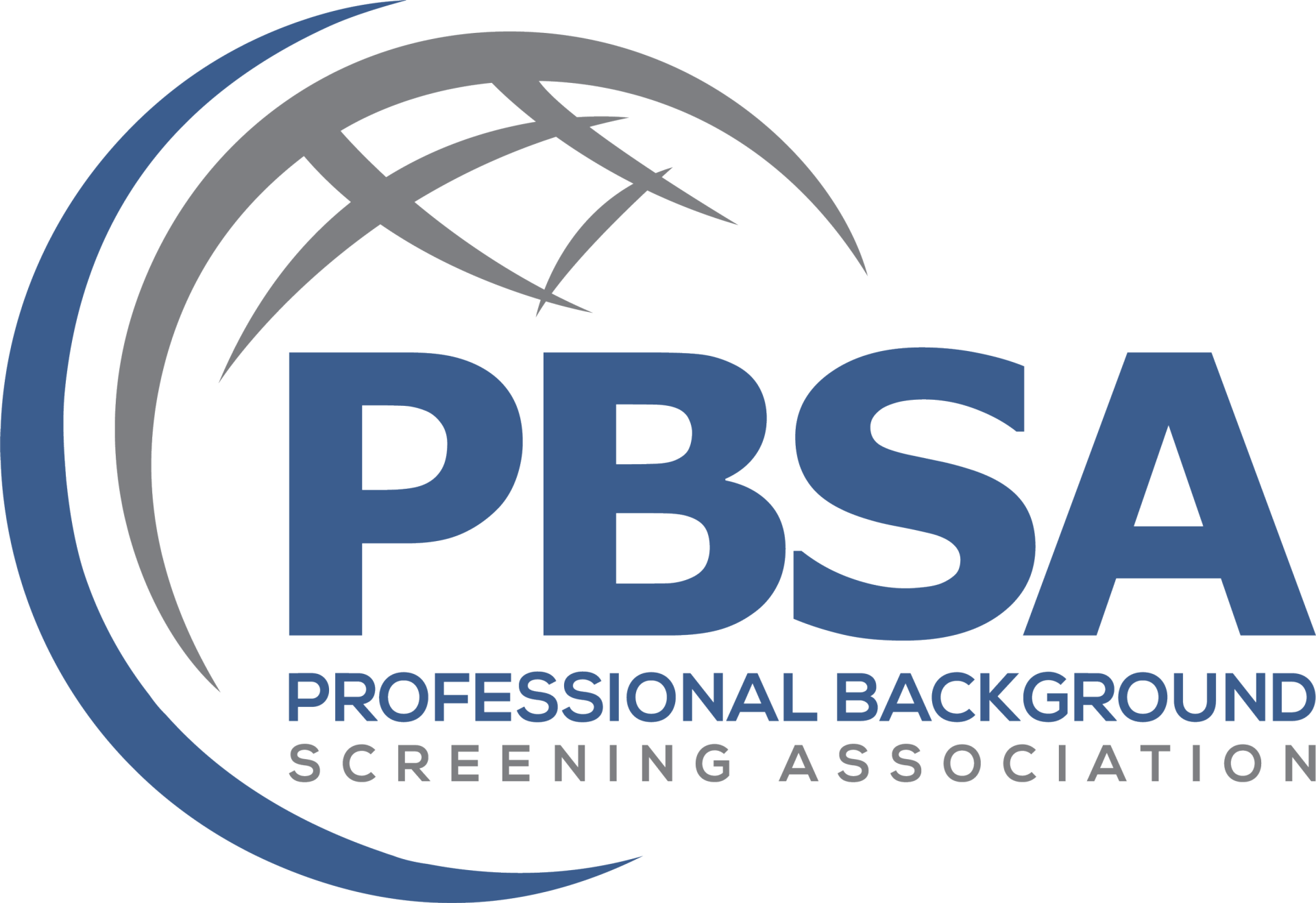7 Common Questions About Drug Screening in the Workplace
In a frequently changing landscape of legal requirements, corporate policies, and a hodgepodge of laws at federal, state, and local levels, it can be challenging to know where things stand on allowable drug screening processes. Here are answers to some common questions on the topic.
Q: Can Employers Require Pre-Employment Drug Screening?
Yes, employers can require drug screening and job offers may be contingent on passing the screening.
Q: Can Employers Select Employees for Drug Screenings?
Screening for current employees typically requires some indication that performance or safety may be at risk or a pattern of risky employee behavior (so-called For Cause or Reasonable Suspicion testing). Drug testing may also be included as part of an annual physical exam.
Q: Is Random Drug Testing of Employees Allowed?
Yes, employers may require random drug testing, but it must be applied fairly and without prejudice.
Q: Must Employees Be Informed about Drug Screening?
Yes, employees must be informed that drug testing will be required and performed in whatever capacity an employer chooses, in compliance with all privacy and worker protection legislation. Clear drug screening policies and procedures are the best way to ensure compliance for employers and employees.
Q: What If an Employee Refuses Drug Screening?
Employees may decline to participate in drug screening for legitimate concerns or unlawful use. Options for handling these refusals depend on a variety of factors and require careful review of relevant policies and legislation.
Q: What About Testing for Marijuana Use?
Varying, often conflicting legislation at federal, state, and local levels regarding legalized marijuana use presents a considerable challenge for employers, their HR departments, and employees. With persuasive arguments both for and against testing for marijuana use, companies should invest time and effort into determining appropriate screening policies based on their needs, jurisdictional legislation, and other considerations.
Q: Can an Employee Be Fired for Failing a Drug Test?
Yes, employees can be fired for failing a drug screening. However, drug screening processes and responses to positive results must be in compliance with relevant legislation, including disability protections and other worker safeguards.
At Employers Reference Source, Inc., our drug screening services are designed to meet the specific needs of each of our clients. Contact us today to learn more about our drug testing solutions and other employee background screening services.



Get In Touch With Us
For more information or to schedule a consultation, call us at (888) 512-2525 or fill out the form below.
Contact Us
We will get back to you as soon as possible.
Please try again later.







